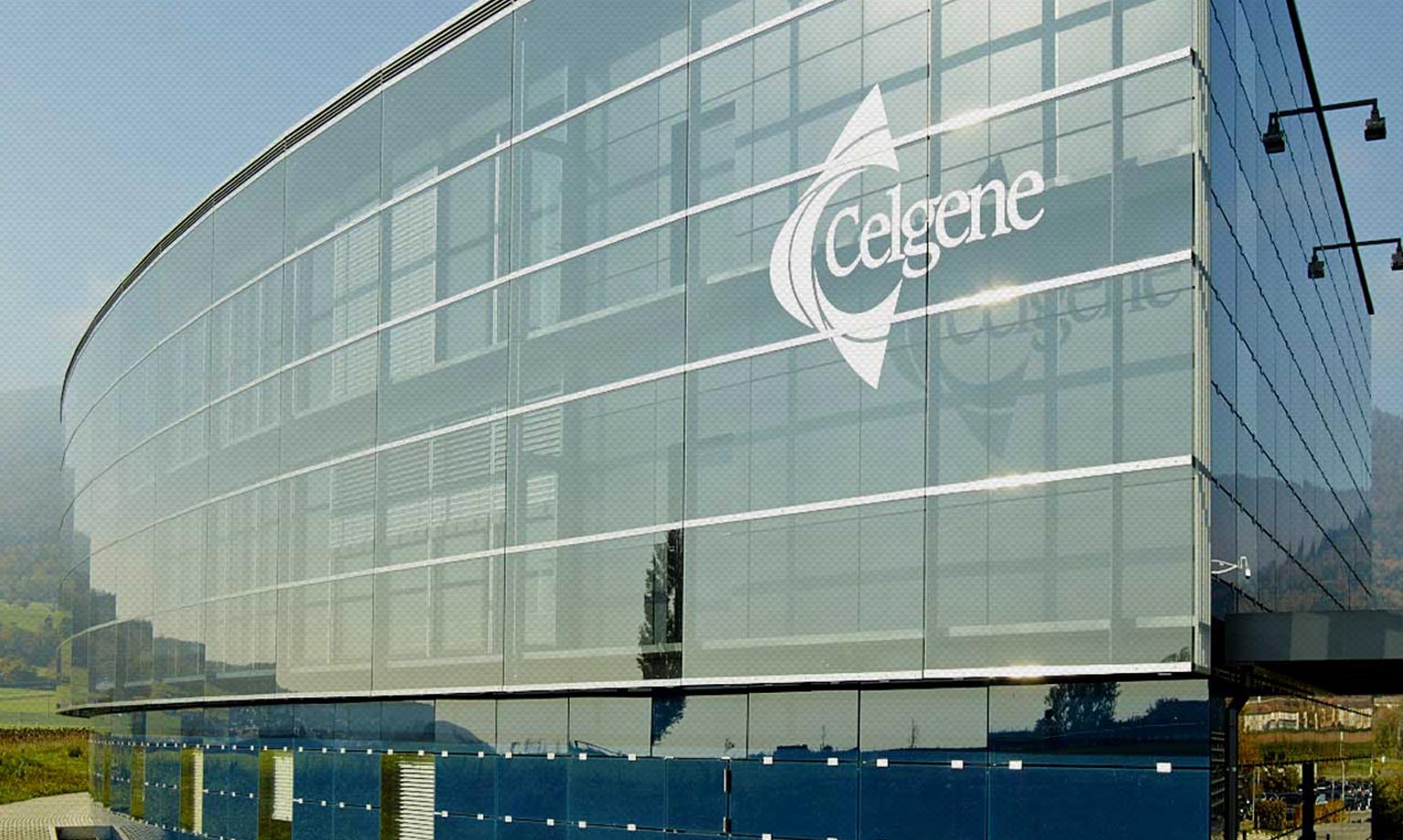Celgene passes on OncoMed cancer drug, biotech's shares tank

Celgene has decided against taking an option on Oncomed’s cancer drug navicixizumab, sending the California biotech’s shares into freefall.
Following the announcement Oncomed’s value fell by nearly 14% on the Nasdaq following the news that Celgene had passed on the option to take a licence on the anti DLL4/VEGF bispecific antibody.
Celgene retains its options to license OncoMed etigilimab (anti-TIGIT monoclonal antibody, OMP-313M32) and rosmantuzumab (anti-RSPO3, OMP-131R10) under the collaboration between the companies.
The companies are working to formalise the termination of the collaboration agreement with respect to navicixizumab, and OncoMed expects to retain worldwide rights to navicixizumab.
OncoMed is currently conducting a Phase 1b clinical trial of navicixizumab in combination with paclitaxel in patients with platinum-resistant late-stage ovarian cancer.
Interim Phase 1b data will be presented in a poster presentation on October 20, 2018 at the European Society of Medical Oncology meeting to be held in Munich.
[caption id="attachment_47258" align="alignnone" width="114"] John Lewicki[/caption]
John Lewicki[/caption]
OncoMed’s president and CEO John Lewicki said: “While we are disappointed in Celgene's decision, we thank them for the productive interactions in evaluating navicixizumab, and we respect their decision given their pipeline prioritization and focus.
“With the global development and commercialization of navicixizumab remaining under our control, we are evaluating potential opportunities for the program and will continue to assess the data as it evolves for navicixizumab in combination with paclitaxel in heavily pre-treated platinum-resistant ovarian cancer patients.”
OncoMed's anti-DLL4/VEGF bispecific antibody, navicixizumab, is designed to inhibit the function of both DLL4 and VEGF and thereby induce potent anti-tumour responses while mitigating certain angiogenic-related toxicities.
Navicixizumab was developed utilizing OncoMed's BiMAb bispecific platform technology, which enables the design of bispecific antibodies comparable to traditional monoclonal antibodies but possessing dual target-binding specificity.
The biotech said in preclinical studies that navicixizumab demonstrated robust in vivo efficacy across a range of solid tumours, including colon, ovarian, lung and pancreatic cancers, among others.
Furthermore, in preclinical studies dual inhibition of DLL4 and VEGF appeared to exhibit synergistic anti-tumour activity at doses where blockade of either target alone elicited sub-optimal activity.











